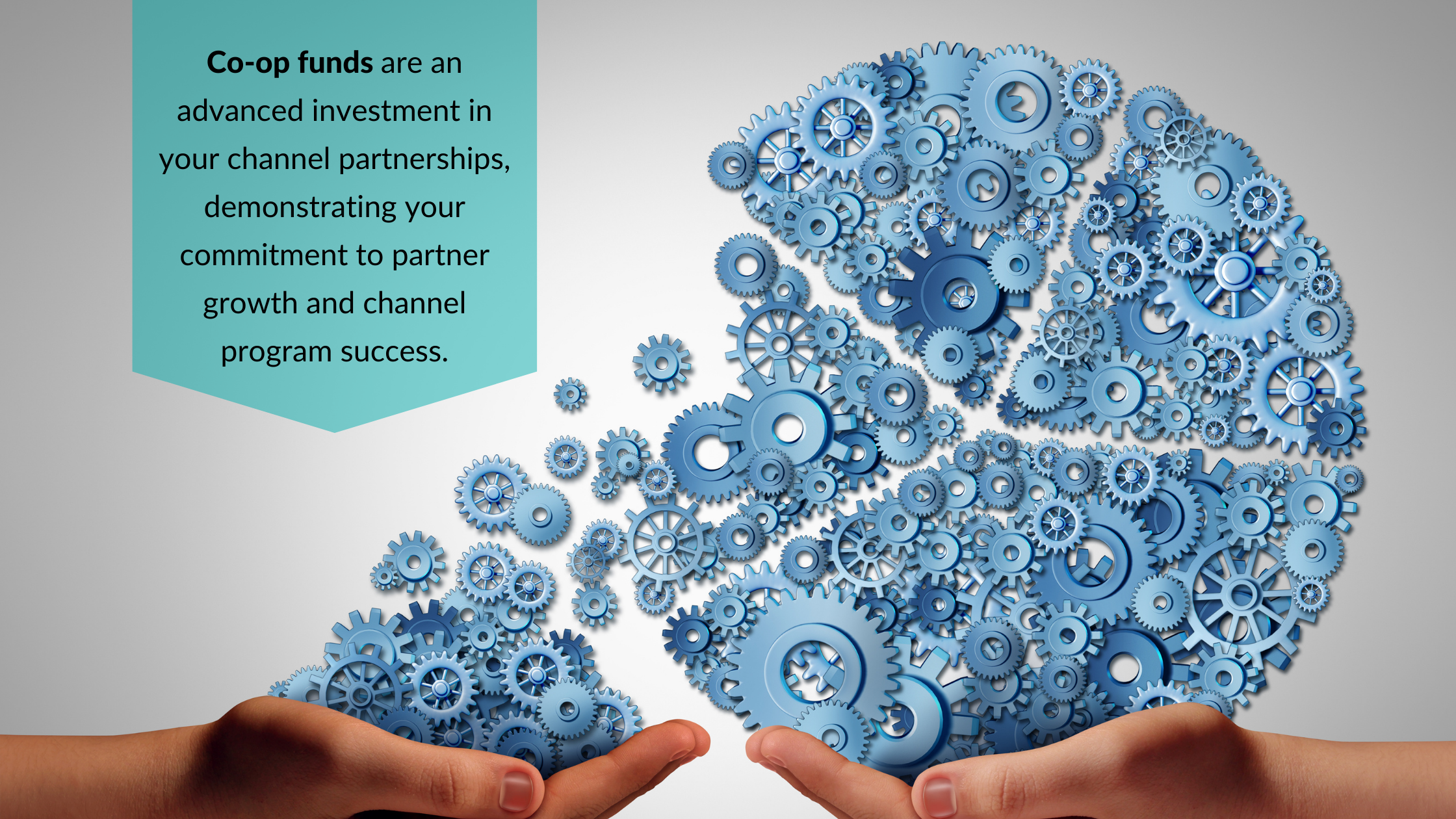5 Qualities of Successful Channel Partner Incentive Programs
What is a Channel Partner Incentives program? Although very different, the relationship between supplier and partner in a channel partnership does...
We’ve seen too many inefficiencies fly under the radar and hold companies back. Our expertise in through-channel marketing and field sales support enables small marketing teams to support distributed sales forces at scale.
3 min read
 Cameron Schulz
:
September 7, 2020 at 12:24 PM
Cameron Schulz
:
September 7, 2020 at 12:24 PM

The benefits of channel marketing can be very appealing to sales and marketing departments of all shapes and sizes. Unfortunately, channel isn’t right for everyone. Choosing to start a channel program at your organization without making the necessary considerations could damage your relationships with clients, your reputation, and your budget. Don’t put the cart before the horse. Make the following considerations before establishing a new channel program.

Goals are the driving force for all sales and marketing strategies. If you're going to start a channel program, you must first consider the following:
Channel should provide advantages for reaching your goals and chances to push your organization to do more. If it doesn’t provide those two things, it likely that it isn’t the route for your organization.
It's important to be optimistic about a new opportunity, but don't forget to be realistic, too. Leadership wants to know both the advantages and disadvantages of a channel program. Consider the challenges that could arise and how you would suggest resolving them.
Finding solutions may seem simple. The key to whether channel is the right direction for your organization is the plausibility of the solutions. If they require extra costs that your organization can’t budget for, then channel may not be the route for you.
Creating solid goals requires setting specific time frames. Consider how a channel program fits with your established timelines.
If your organization can't wait to see the return on investment, it may be a sign that you can wait to start a channel program.
If you want to add a new strategy to the mix, you need to consider your current marketing and sales operations.
You need to be in a position to educate and enable a partner to sell your product. Without the answers to these questions, you don't have the information that allows you to do that. Additionally, without this information, you'll struggle to convince partners to commit.
There are two categories of resources you'll need to consider before starting a channel program. The first category is material.
Finding contacts is more a consideration of time, so add that to the list of questions in that consideration. If you don’t have the staff or technology, you'll have to consider them in the second resources category: monetary.
Perform a cost assessment of both the program and any necessary resources. This will help determine whether your organization can support a channel program.
Once you've considered all the above, you’ll have to consider whether you can garner support from your team and leadership.
A channel program can’t run on the back of a single marketing manager. You'll need the support of your leaders and your peers to foster organization-wide adoption of the process.
 Set yourself up for success
Set yourself up for successChannel programs can be greatly beneficial for many organizations, but without doing the proper work ahead of time, it could be very harmful too. Take all of the above into consideration. Do your due diligence to ensure that channel is right for your organization. Once you’ve done that, begin the work of building and developing a program with the knowledge that it has all of the necessities to be successful.

What is a Channel Partner Incentives program? Although very different, the relationship between supplier and partner in a channel partnership does...

What are Co-Op Funds: Co-Op funds, also known as Marketing Development Funds (MDF), are financial resources that distributed marketers may offer to...

What is Channel Partner Enablement?